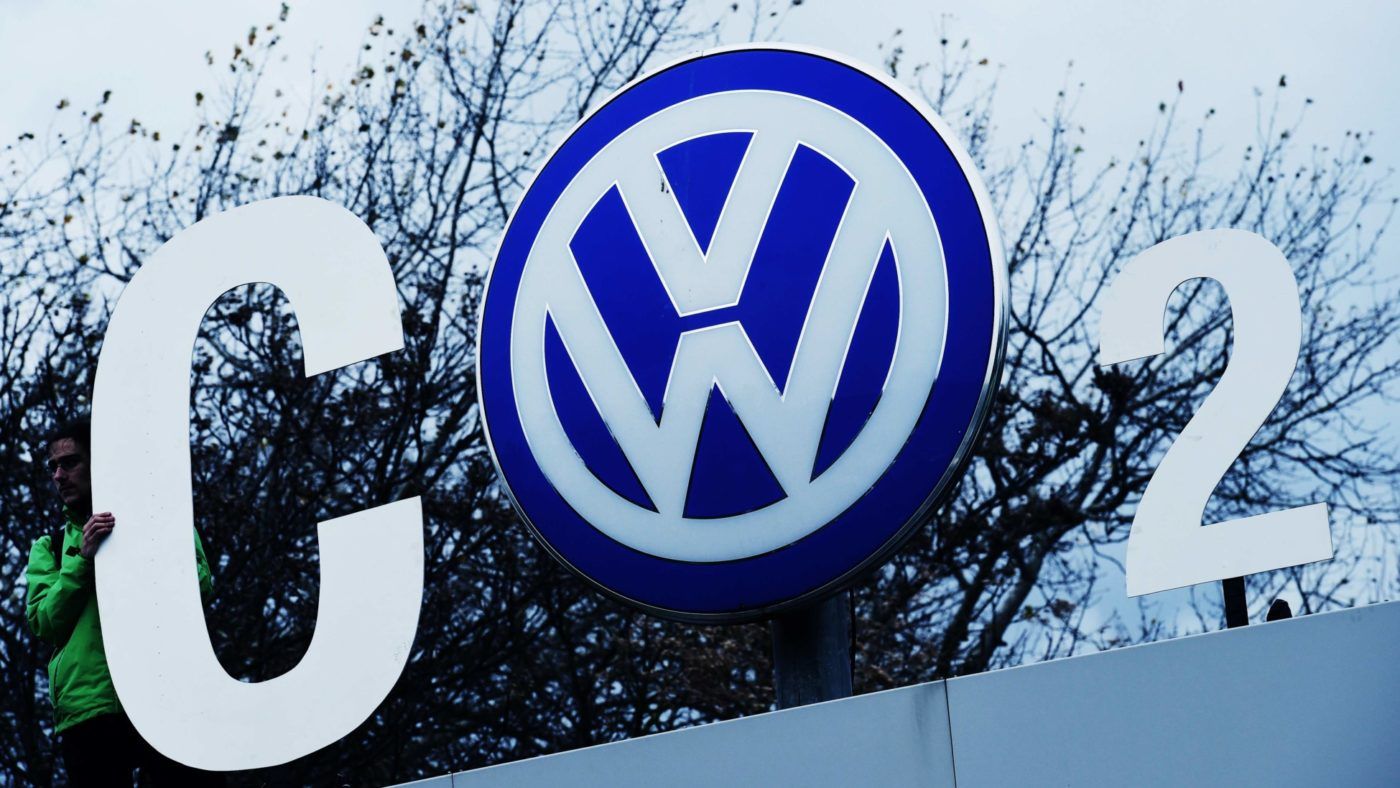Volkswagen is to be spanked for $4.3 billion over Dieselgate. Hurrah!
Yes, you heard right. That is me cheering government for taking such a whacking sum off a private sector economic actor. For the free-market system requires not only the carrot of the freedom to innovate, but also the stick of a firm thwacking for those who, in the vernacular, take the piss.
The technical background to all of this is one of those things that neither the environmentalists nor governments, have quite caught up with. For decades we’ve been favouring diesel engines because of the fuel economy. That means cheaper driving of course, a good thing, and also less in the way of CO2 emissions per mile driven.
But because of the way engines work, decreasing the CO2 emissions means increasing the NOx emissions. Unless, one is willing to pay very much more for the diesel engine itself. It’s simply not possible to make cheap diesel engines with both high mpg and thus low CO2 and also low NOx emissions. It’s one of those better, faster, cheaper engineering problems, pick any two of the three, that’s all you’re allowed.
All of which is what led to the testing mode and the scandal in the first place. The engineers knew this, the managers presumably did, hence the fiddling of the emission tests.
That they’ve been caught and fined – or will be imminently – is a good thing. It’s a good illustration of how the free market really works. Technology continually changes, we can ever do new things and old things in new ways.
The value of a free economy, rather than a planned one, is that no permission is required to experiment with new combinations of these newly available technologies.
This freedom to do as you like enables exploration of that possible technological space faster than any other method; it speedily leads us to those things which work and away from those that do not.
But that freedom does come with a stick – as well as the carrot of untold fortunes for inventing a way to share cat pictures. We’re free to innovate as we wish. But if we lie, cheat or dissemble, then we can and should be punished. It is, if you wish, a post-innovation manner of granting permission rather than the much, slower planning method of deciding what to try to innovate.
Another way to put this is that a market system works best if all in it are fundamentally honest. Humans aren’t, of course, which is why we do fine people $4.3 billion occasionally, pour encourager les autres.


